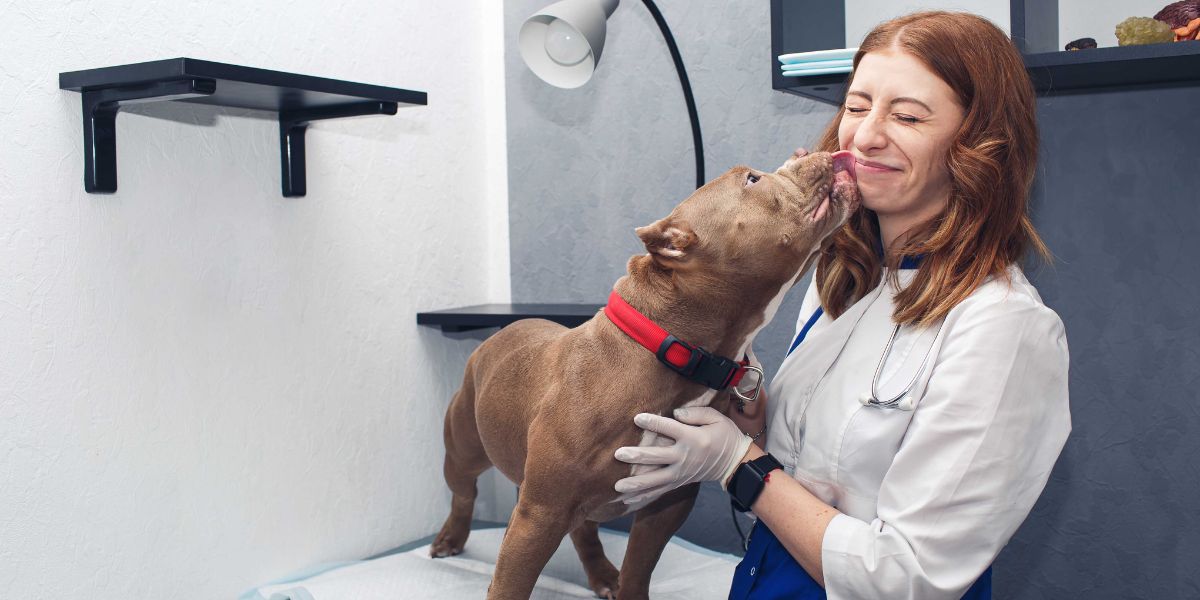New evidence has revealed that dogs can spot when a human is stressed by smelling a certain odour that is released through their breath and sweat.
A study conducted by Queen’s University Belfast has found that a dog’s sense of smell alone can detect when a human is feeling stressed.
During the experiment, the team of researchers examined sweat and breath samples from 36 people after they completed a hard maths equation.
Each participant also filled in a questionnaire to outline how stressed they felt before and after answering the question.
Four dogs were trained to detect an odour associated with stress. During every session the dogs correctly alerted the scientists when a participant was stressed.
Chief author Clara Wilson said: “The findings show that we, as humans, produce different smells through our sweat and breath when we are stressed, and dogs can tell this apart from our smell when relaxed – even if it is someone they do not know.
“The research highlights that dogs do not need visual or audio cues to pick up on human stress. This is the first study of its kind, and it provides evidence that dogs can smell stress from breath and sweat alone, which could be useful when training service dogs and therapy dogs.”
She added: “It also helps to shed more light on the human-dog relationship and adds to our understanding of how dogs may interpret and interact with human psychological states.”
- Study finds getting 8,200 steps a day reduces risk of high blood pressure, sleep apnoea and depression
- Hugging reduces stress among women, research reveals
Helen Park, owner of Treo – one of the dogs taking part in the experiment – said: “As the owner of a dog that thrives on sniffing, we were delighted and curious to see Treo take part in the study.
“We couldn’t wait to hear the results each week when we collected him. He was always so excited to see the researchers at Queen’s and could find his own way to the laboratory.”
She added: “The study made us more aware of a dog’s ability to use their nose to see the world. We believe this study really developed Treo’s ability to sense a change in emotion at home.
“The study reinforced for us that dogs are highly sensitive and intuitive animals and there is immense value in using what they do best – sniffing.”
The study has been published in the journal PLOS ONE.





